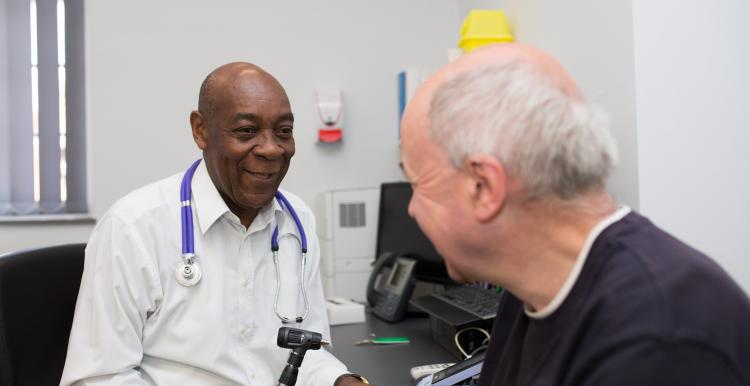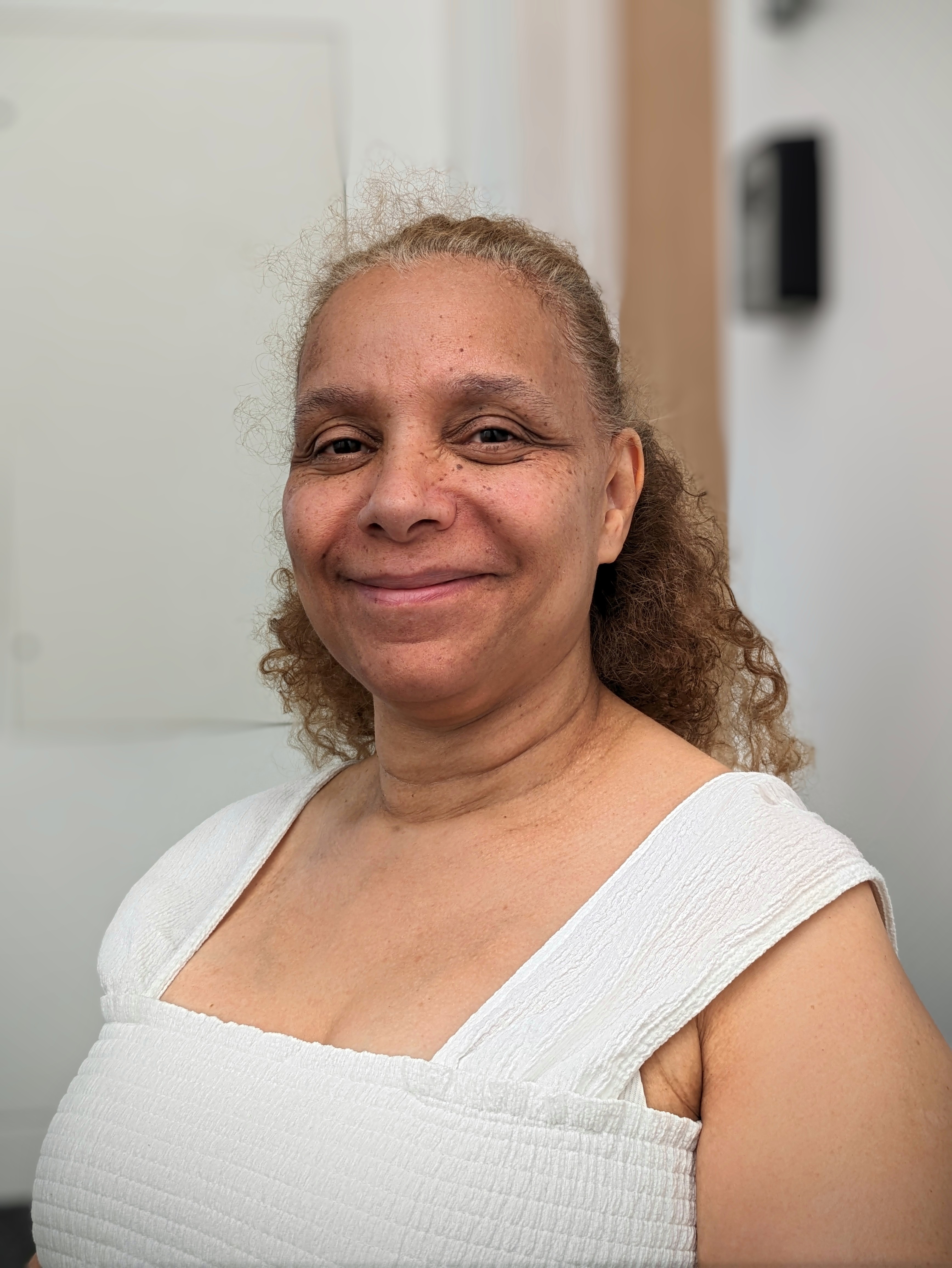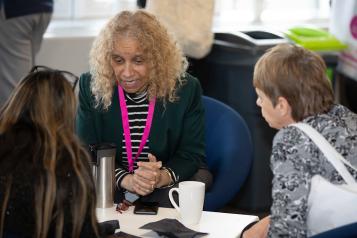When patient voices go unheard

Within the NHS, patient safety has been a longstanding concern, with an estimated 11,000 avoidable deaths annually due to safety failings. Beyond these statistics lie some of the stories we hear at Healthwatch Greenwich, sad stories of individuals and their loved ones who no longer have confidence in the NHS and, for some, lives that have been shattered by lack of concern or avoidable harm. Month in, month out – our feedback report highlights case studies of people and families who, often across multiple services, departments, and health and care professionals, have not been listened to, or have been ignored, or dismissed. Our local picture is not unusual.

The Parliamentary and Health Service Ombudsman recently published a report shedding light on the issue of patient safety. Despite numerous policy changes and the best intentions from health and care providers and commissioners, scandals from the Mid Staff enquiry a decade ago to the Nottingham crisis today, keep on happening. One thing we keep hearing over and over, is a recurring theme of the failure to listen to patients and their families. Listening to patients and families is not just courtesy; it is an essential aspect of patient-centred care and vital to patient safety.
We encourage patients and families to share their experiences of local health and care services in all its rich detail and voice compliments as well as concerns.
The NHS faces resource constraints, and perhaps has always done so. As such, it’s not hard to imagine how continually increasing demand for services married with limited resources could lead to instances where patient/family concerns are not always listened to or acted on. While the constant churn of yet more new policies and checklists are important in ensuring standardised care and protocols, there is a danger that with each new introduction the focus shifts to sit with going through the motions and ticking boxes rather than truly engaging with patients and their families.
While in Greenwich, health and care commissioners and providers recognise that every patient and their family have a unique experience and their perspective is central in shaping better health and care outcomes, how is it that we at Healthwatch Greenwich still – almost continuously – hear from patients and their families who say they have not been listened to?
Afterall, how useful is it to know that a patient would or would not recommend a service to family and friends if the same tool can’t tell you why – what does or does not work.
We work in partnership with health and care commissioners and providers - the Lewisham and Greenwich Trust, Oxleas, Greenwich Health, the Royal Borough of Greenwich and others through the Healthier Greenwich Partnership. We encourage and support them to gather insight from patients and families and to think about which communities or types of patients they don’t hear from, and how a ‘one size fits all’ like the friends and family test, does not always work. Afterall, how useful is it to know that a patient would or would not recommend a service to family and friends if the same tool can’t tell you why – what does or does not work.
We encourage patients and families to share their experiences of local health and care services in all its rich detail and voice compliments as well as concerns. This includes offering avenues at Healthwatch Greenwich for anonymous feedback when patients and families worry their lived experience won’t be well received by the service in question. Where there is interest, we support patients and families to move beyond passive communication in relaying their story, to becoming active and central in our work by becoming a peer researcher. Trained, paid, and supported to take a key role in shaping the insight we gather and the recommendations for change we make to health and care organisations.
The persisting issue of avoidable patient harm in the NHS demands urgent attention and action. While policy changes and best intentions are essential, they are insufficient on their own. The key to addressing this challenge lies in recognising the importance of patient and family voices and actively incorporating them into the fabric of health and care decision-making. As a statutory organisation we hold health and care providers and commissioners to account to ensure they use and learn from patient and family experiences - contributing to a health and care system that not only treats ill health but also truly listens to the people it serves.


